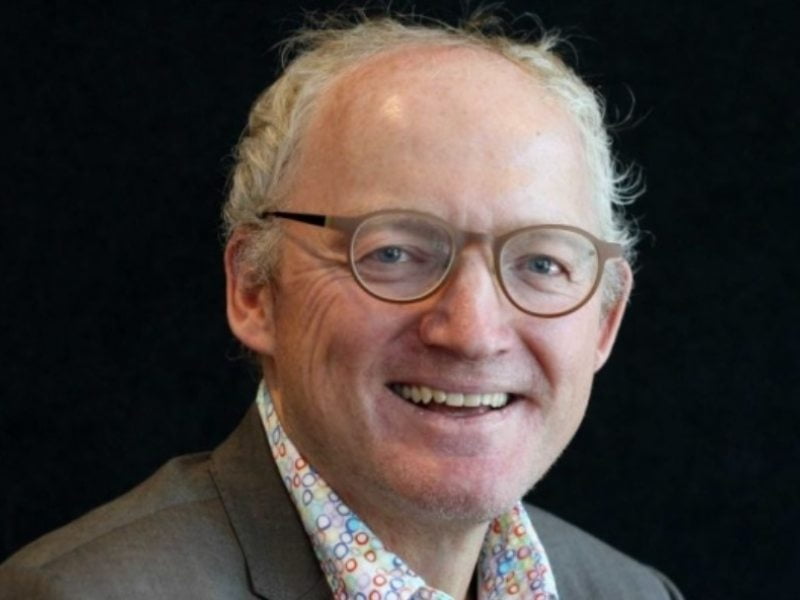Australia is ill-prepared to take advantage of the opportunities being created by artificial intelligence and is not investing sufficiently in sovereign capability to adequately safeguard the national interest, according to global AI leader Toby Walsh.
Professor Toby Walsh is scientia professor of artificial intelligence at the University of NSW, and chief scientist at the university’s AI Institute. He says Australia has fallen behind our strategic partners and peer economies in scale of investment into AI skills and compute infrastructure.
In an article written for The Capability Papers publication to be launched on October 19, Professor Walsh says developing sovereign AI capability is as much a national security issue as it is about future economic prosperity.
On national security, Professor Walsh says the pillar two focus on emerging technologies like AI, cyber and quantum will likely become the most important part of that trilateral security agreement.
“And if Australia is to be an equal partner in this pact, we will need a serious sovereign AI capability to bring to the trading table,” he says. “Even putting AUKUS aside, AI is set to play a critical role in Australia’s future.”

Professor Walsh quotes a recent Tech Council of Australia report that estimated generative AI could add $115 billion to the Australian economy by 2030 as evidence that there is a lot at stake.
And where countries like the US, China, UK and Canada have all made significant commitments to building sovereign AI capability, Australia was falling off the pace.
“At present, Australia sadly looks set to miss the boat (and we all know that boats are problematic in Australian politics). In total, the federal government has announced plans to invest just $124.1 million in AI over the next six years,” he said.
By comparison, the UK – our partner in AUKUS – is spending around 20 times as much on AI as Australia, despite being just three times larger.
The low public investment in AI will perpetuate former Prime Minister Scott Morrison’s digital plan for the nation, in which Australia is a “fast adopter” rather than a “creator” of technology.
“The fundamental problem with such a digital plan is that adopters don’t get the rewards that creators do, and that adopters don’t get to choose what the technology does.
“Adopting someone else’s technology isn’t going to work. All of this demands that Australia develops its own sovereign AI capability.
“This will strengthen our economic stability, enhance our security against our AI powered neighbours, and give us bargaining power in places like AUKUS.”
The biggest limiting fact in developing and applying AI today is people, and right now Australia is not developing nearly enough people to drive a new sovereign AI industry.
Professor Walsh proposes a relatively quick fix; A modest funding program of $300 million to train 2,000 PhD’s in artificial intelligence. He says a study by PwC has estimated there are currently about 10,000 PhD’s in AI in the world today.
A $300 million program that would corner more than 10 per cent of the world market in PhD AI talent is a big reward for a small investment.
“There are not enough people with the AI skills to take advantage of the AI opportunities available today, let alone to build new capabilities for tomorrow. This is an easy problem to fix.”
Professor Walsh also suggests Australia needs to consider public investment in computing infrastructure to support the nation’s generative AI ambitions – something in line with the UK government’s plan to invest £900 million (A$1.7 billion) on compute power to drive AI.
The need for regulatory intervention is also critical to the successful creation of a sovereign AI industry, to mitigate risks and bolster governance. Australia is advanced in this area, with consultations on government’s AI strategy having just closed.
The Capability Papers will be formally launched at a special morning forum at Australian Parliament House in Canberra on the morning of October 19, where many of the author’s will present their papers or participate in policy discussion panels. You can book you seats at The Capability Papers launch here.
The forum will be followed by a special networking lunch in the Members Dining Room at Old Parliament House in Canberra. Bookings are available.
Do you know more? Contact James Riley via Email.

